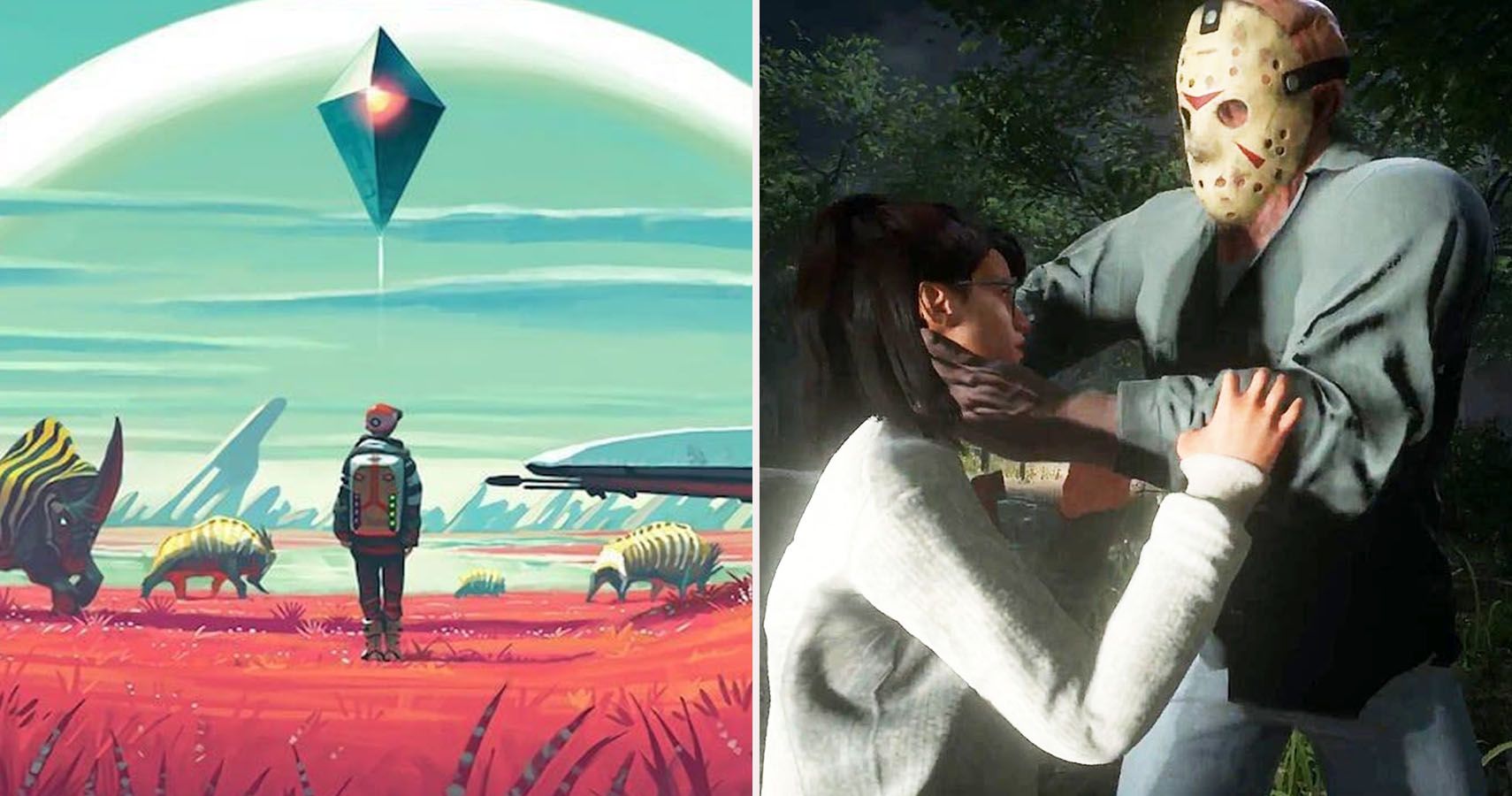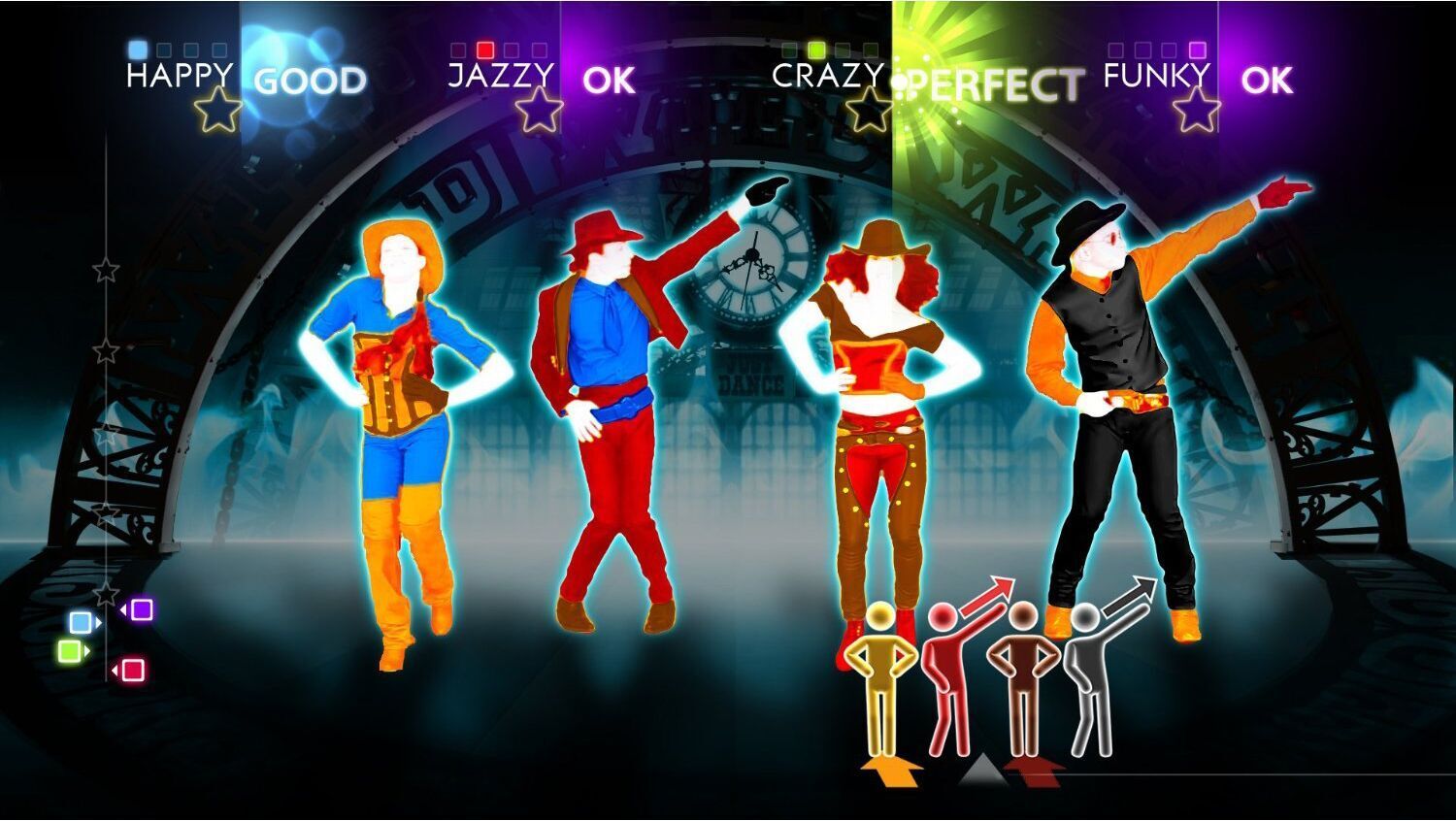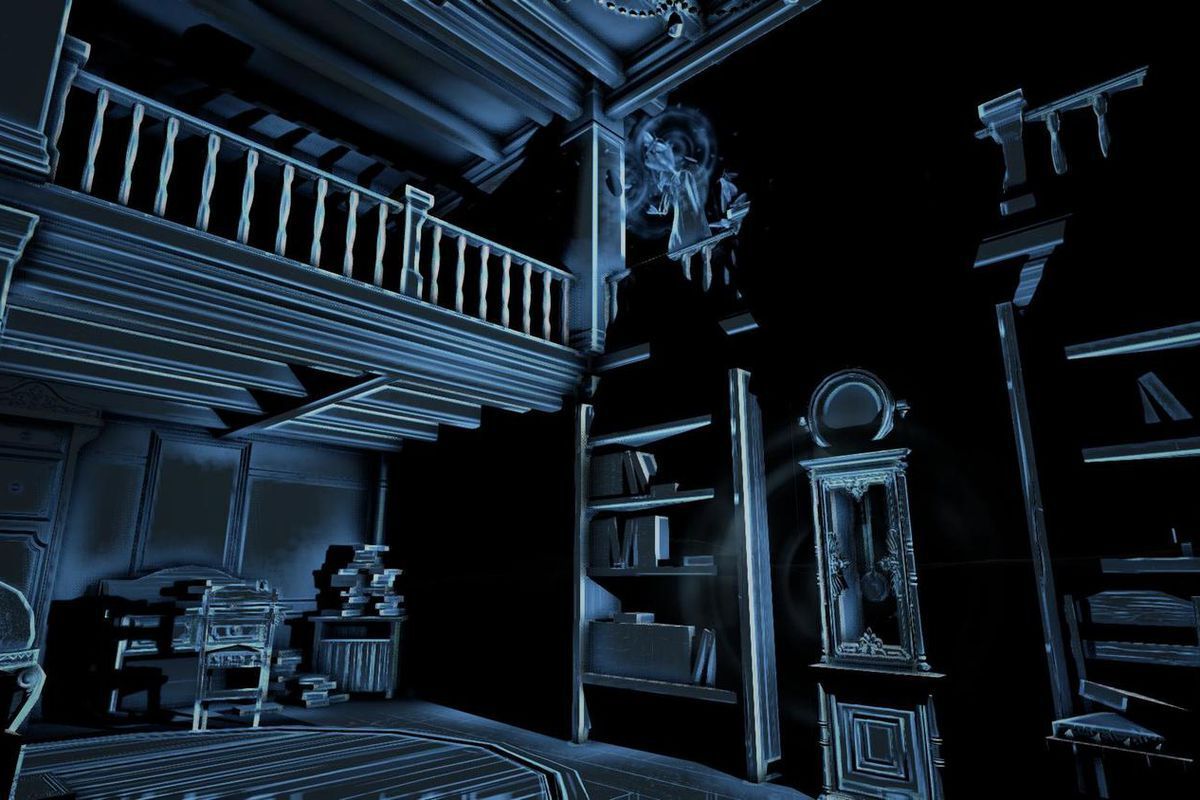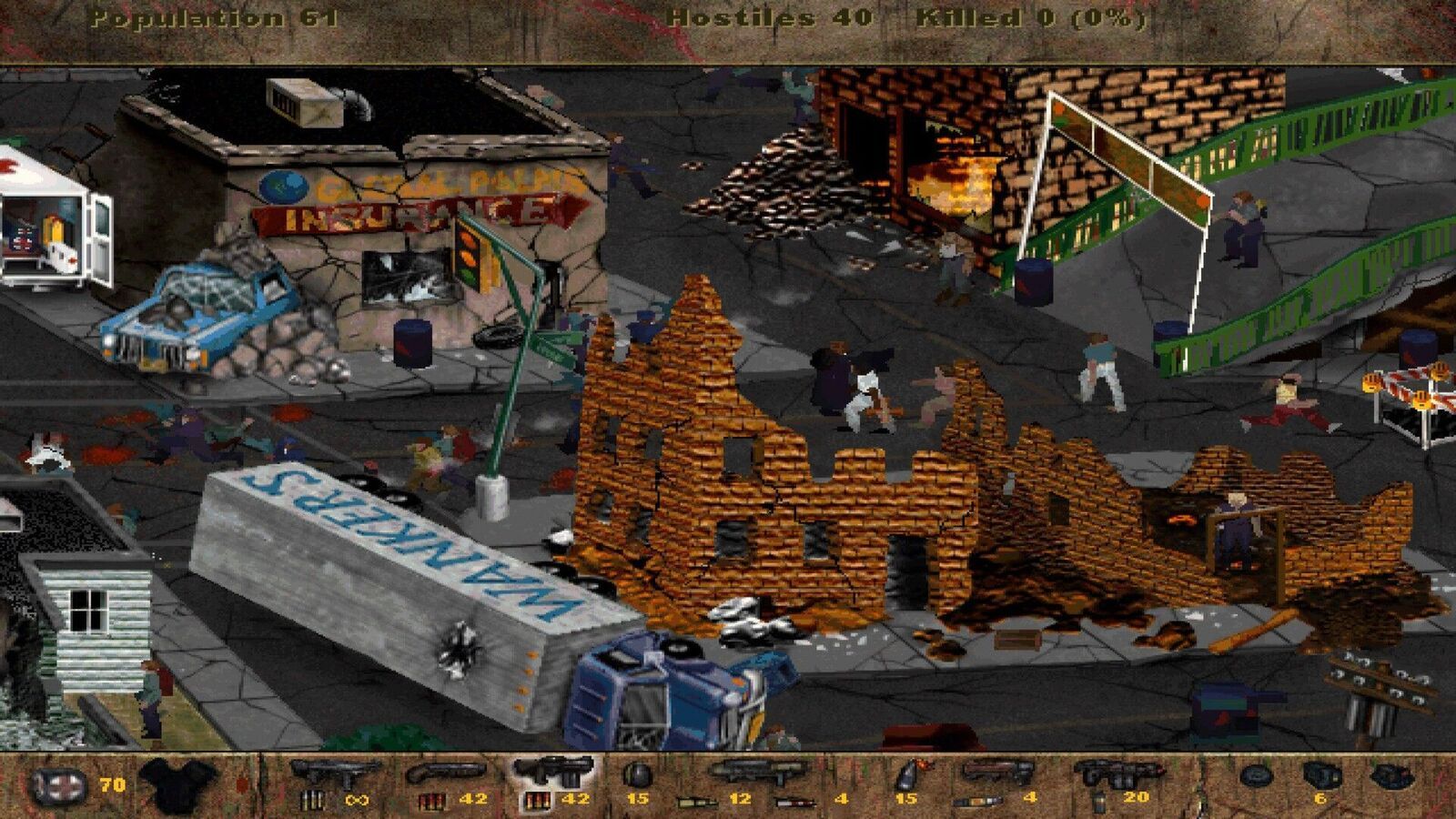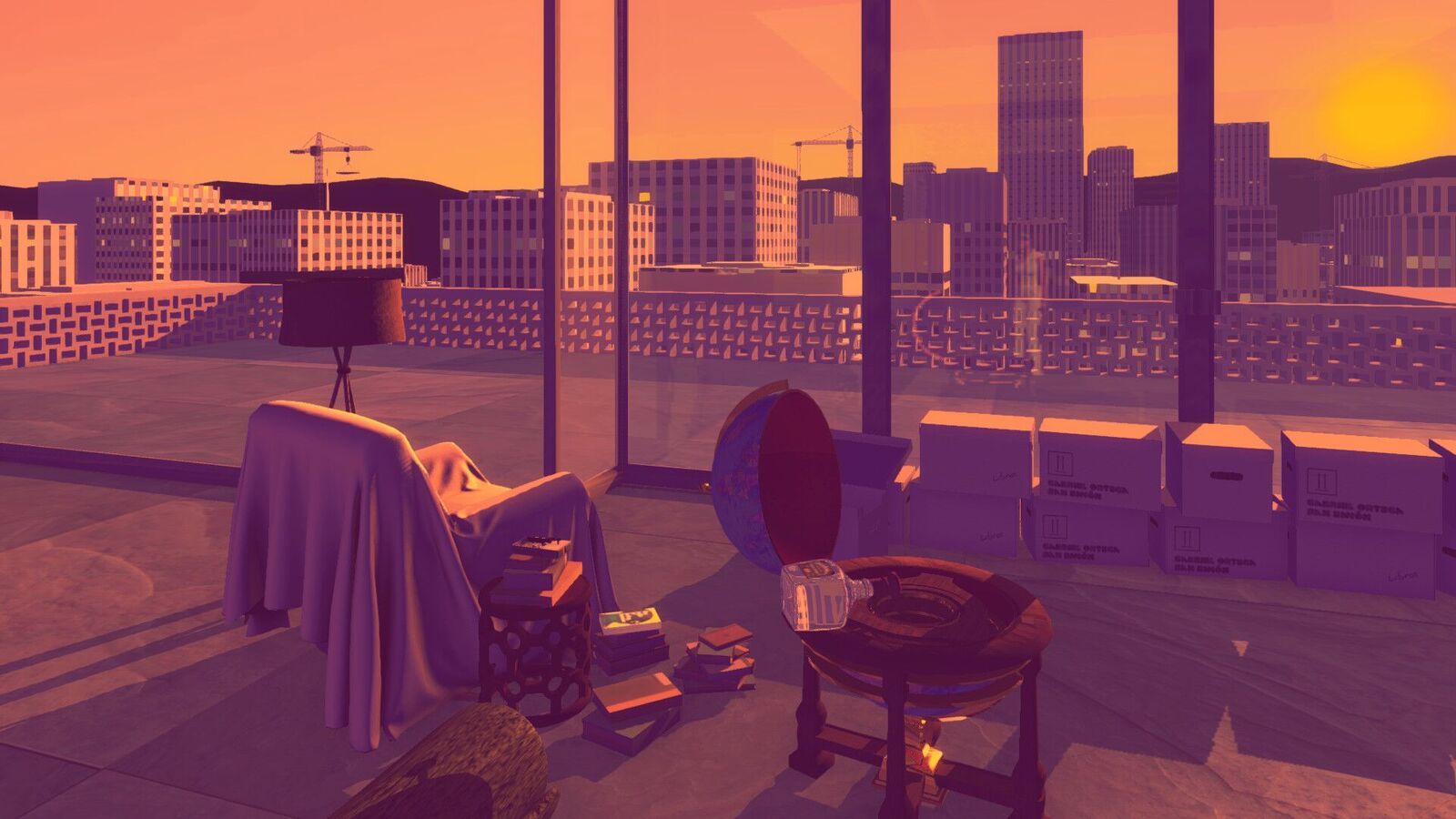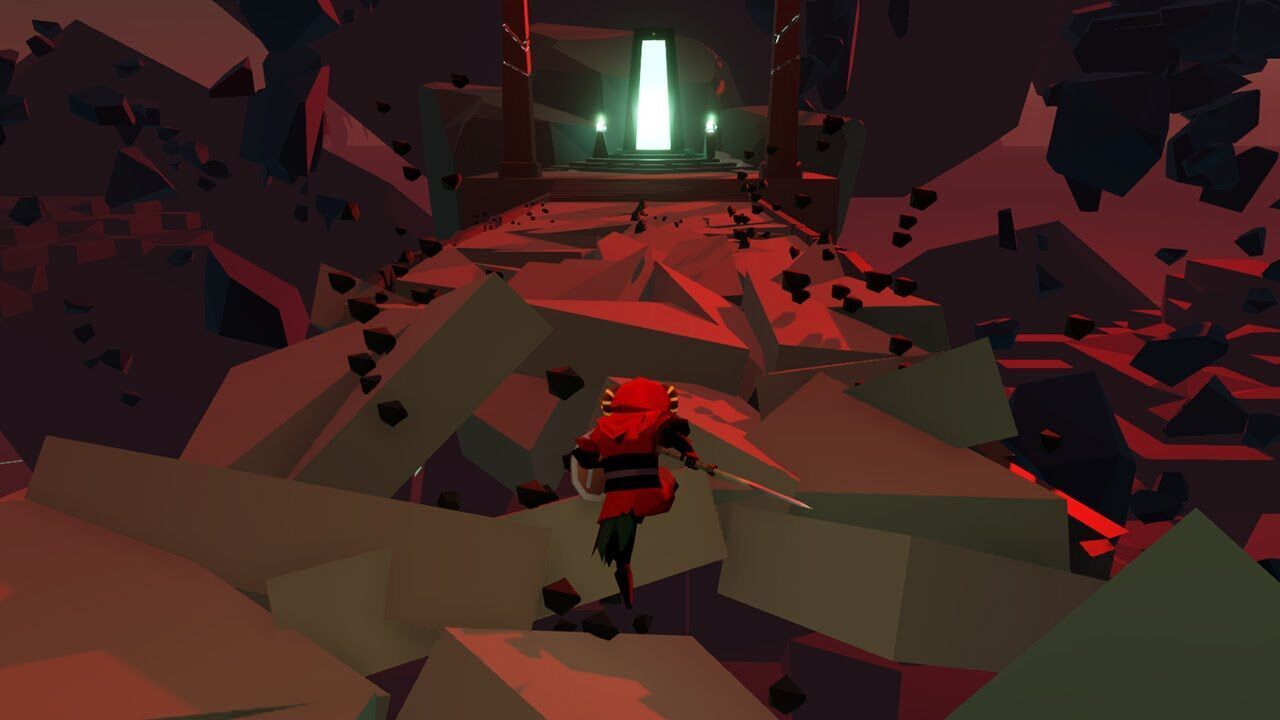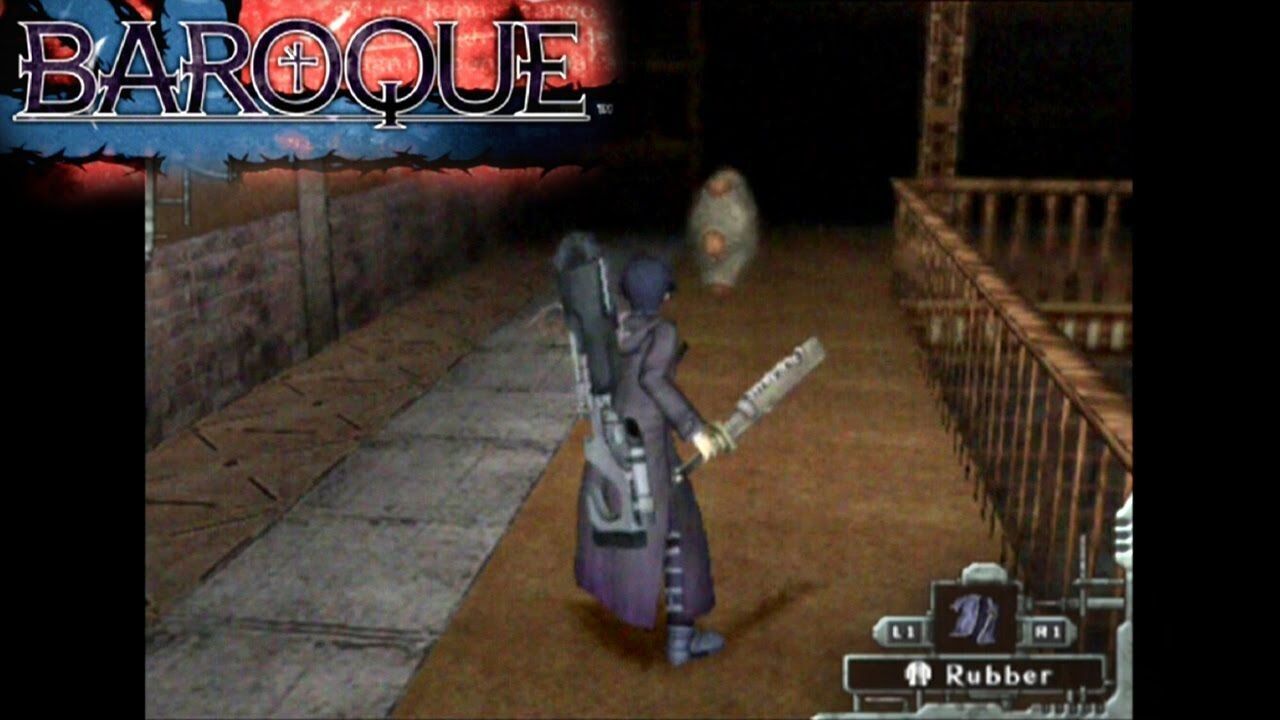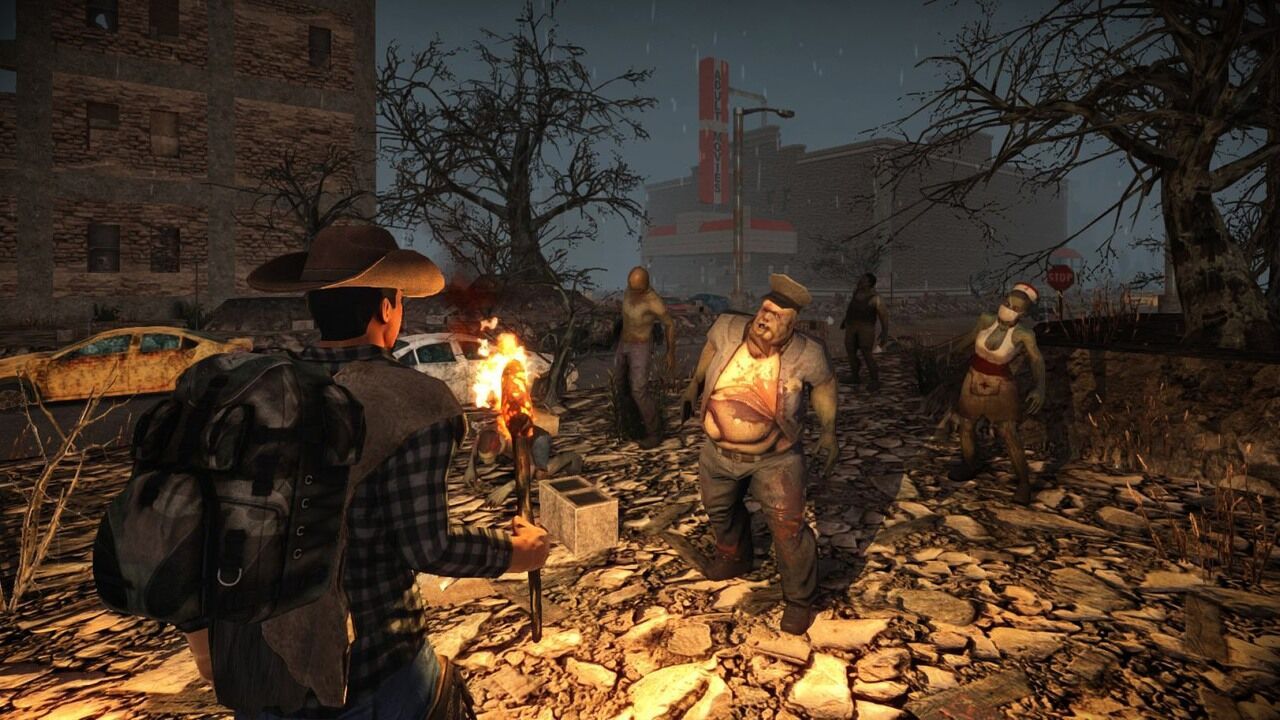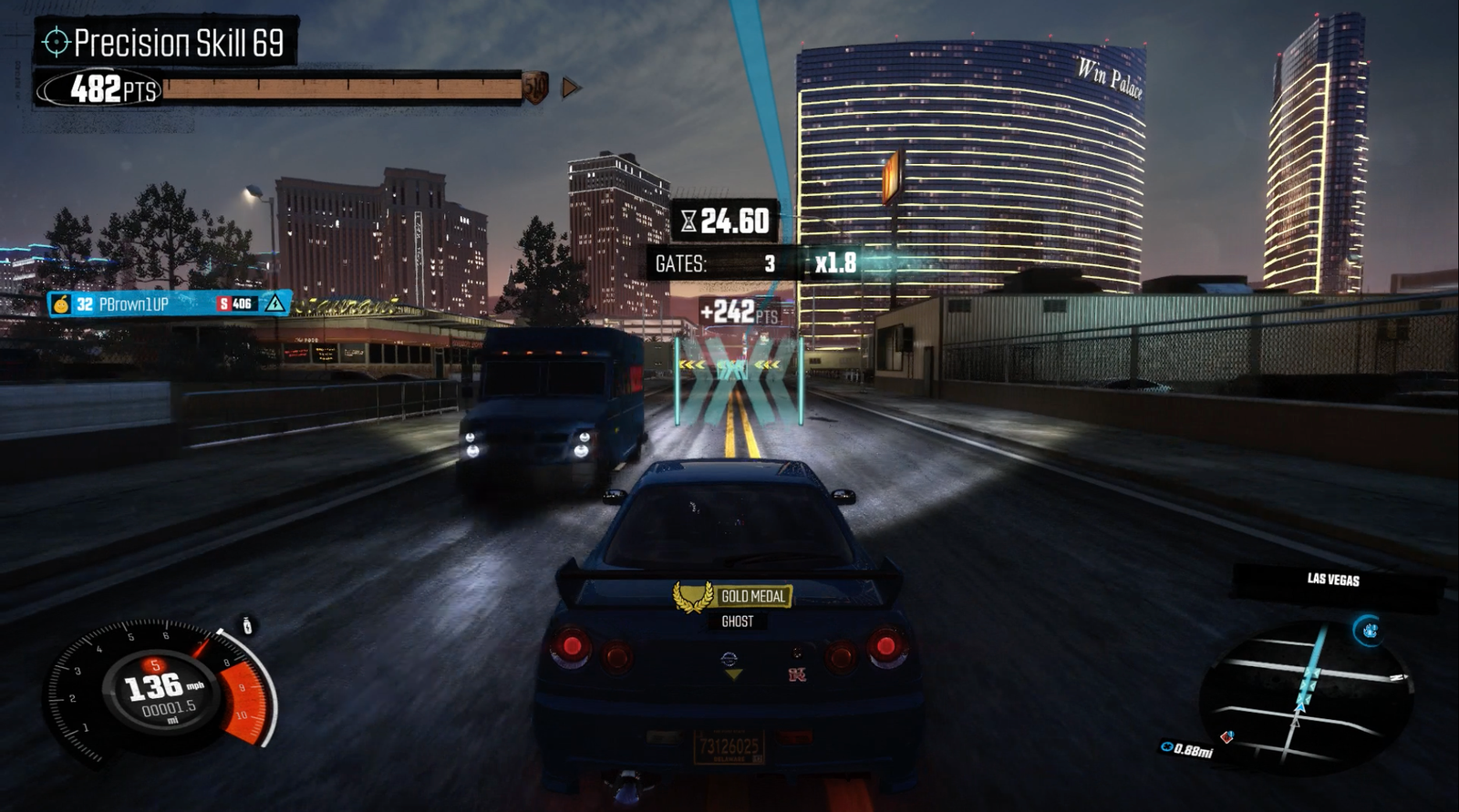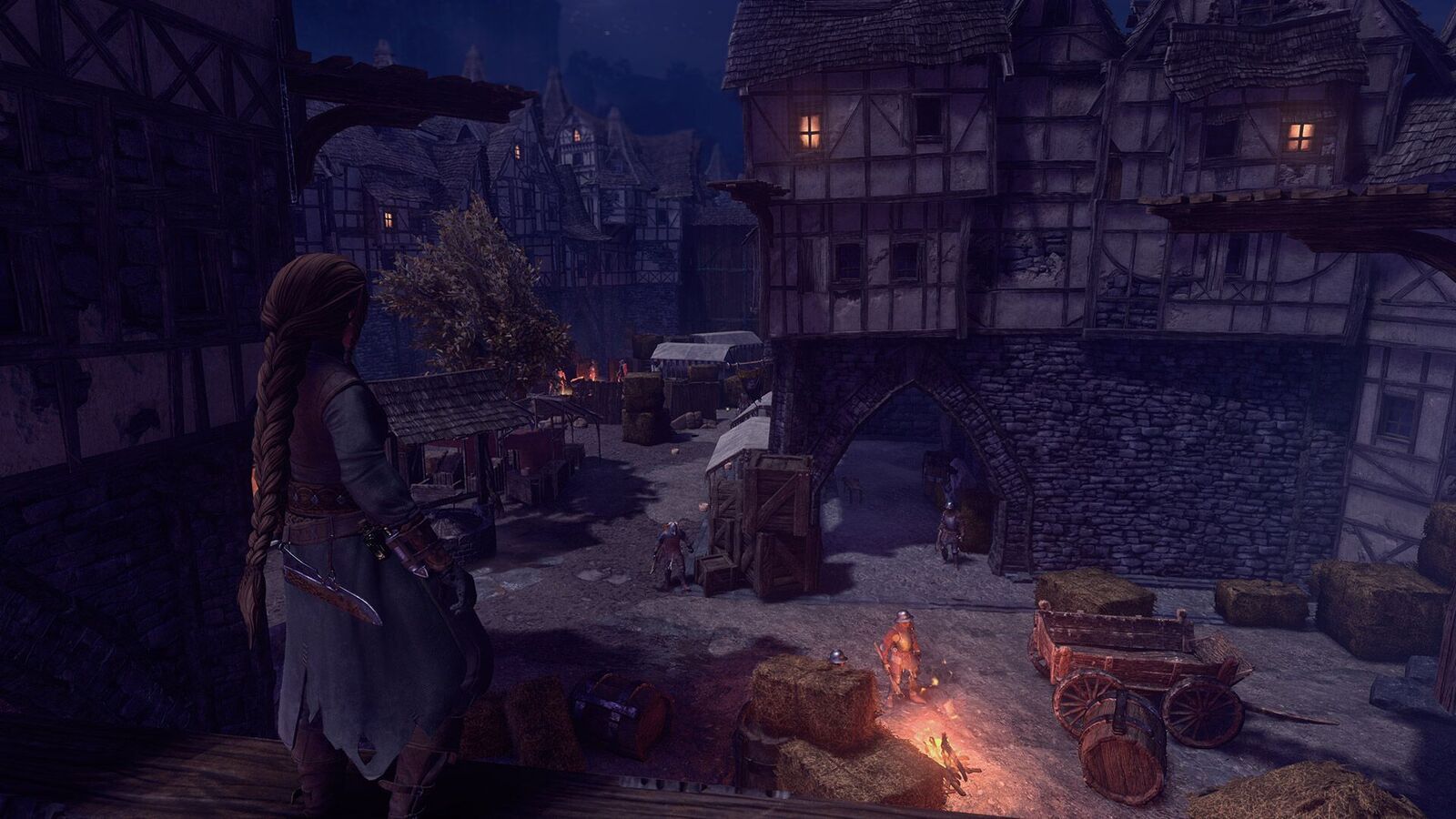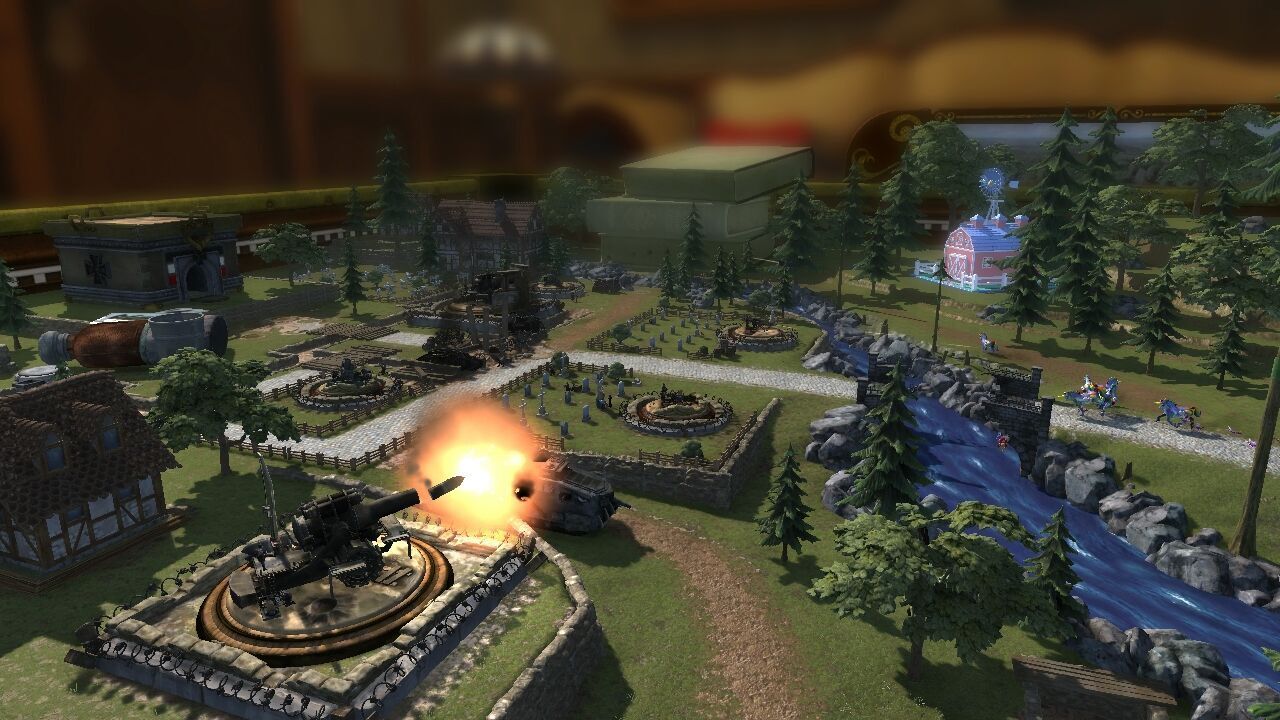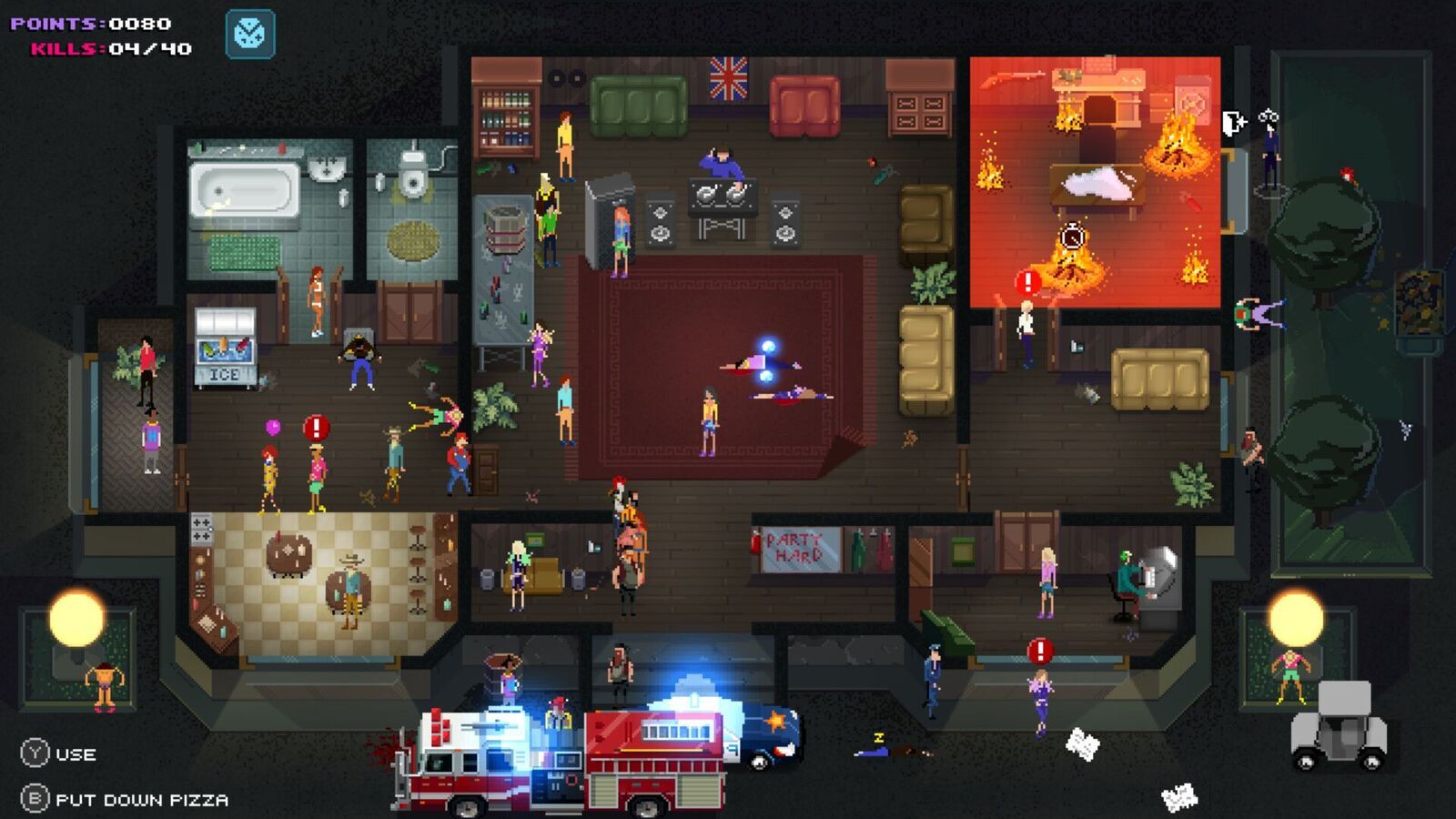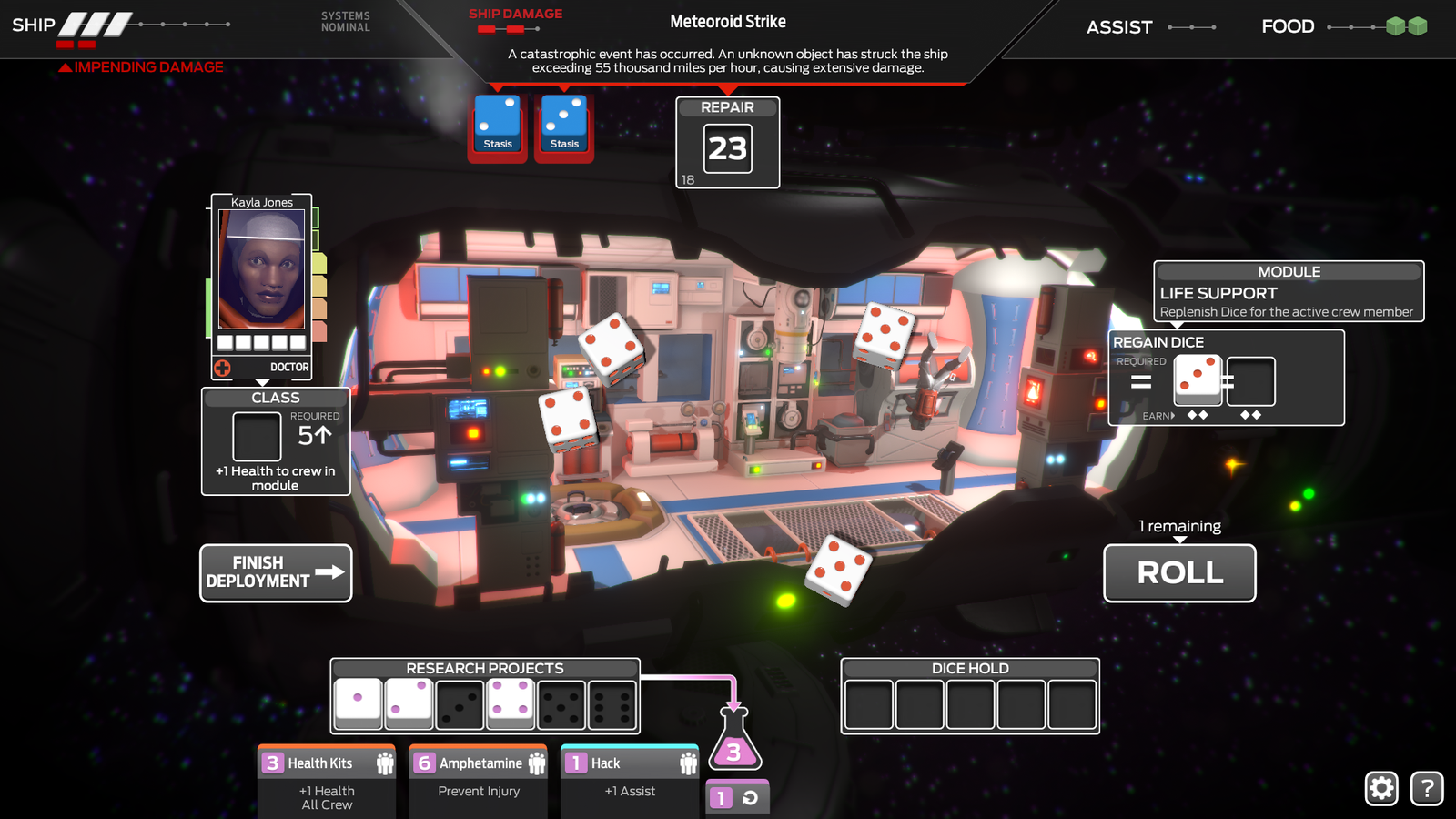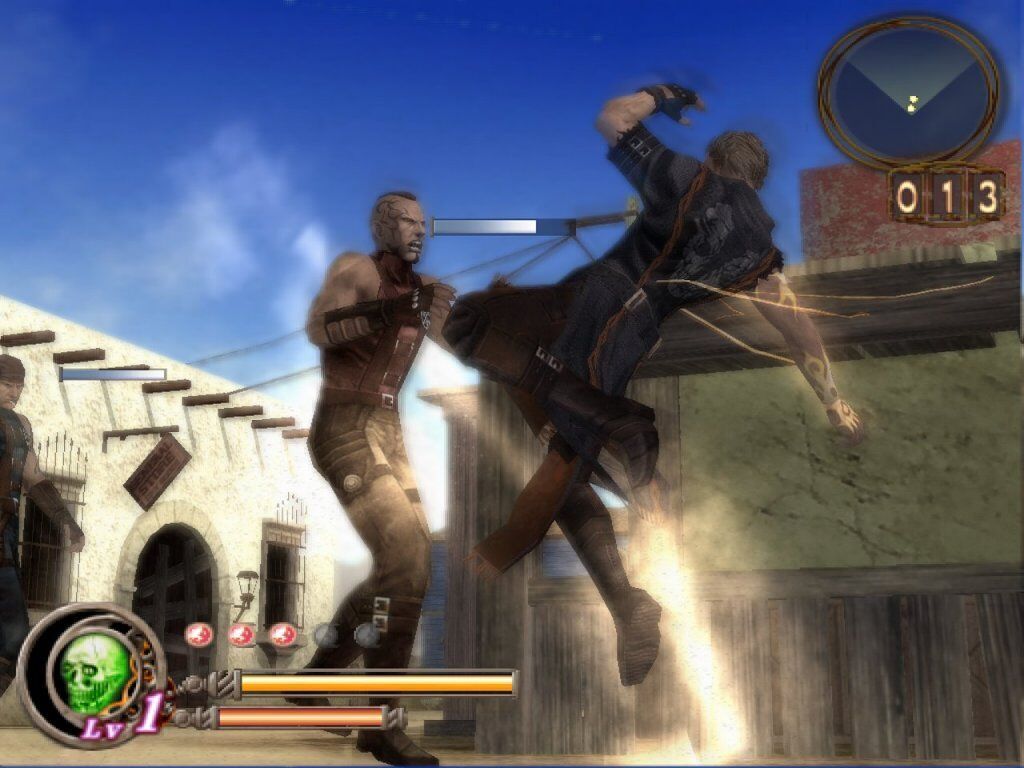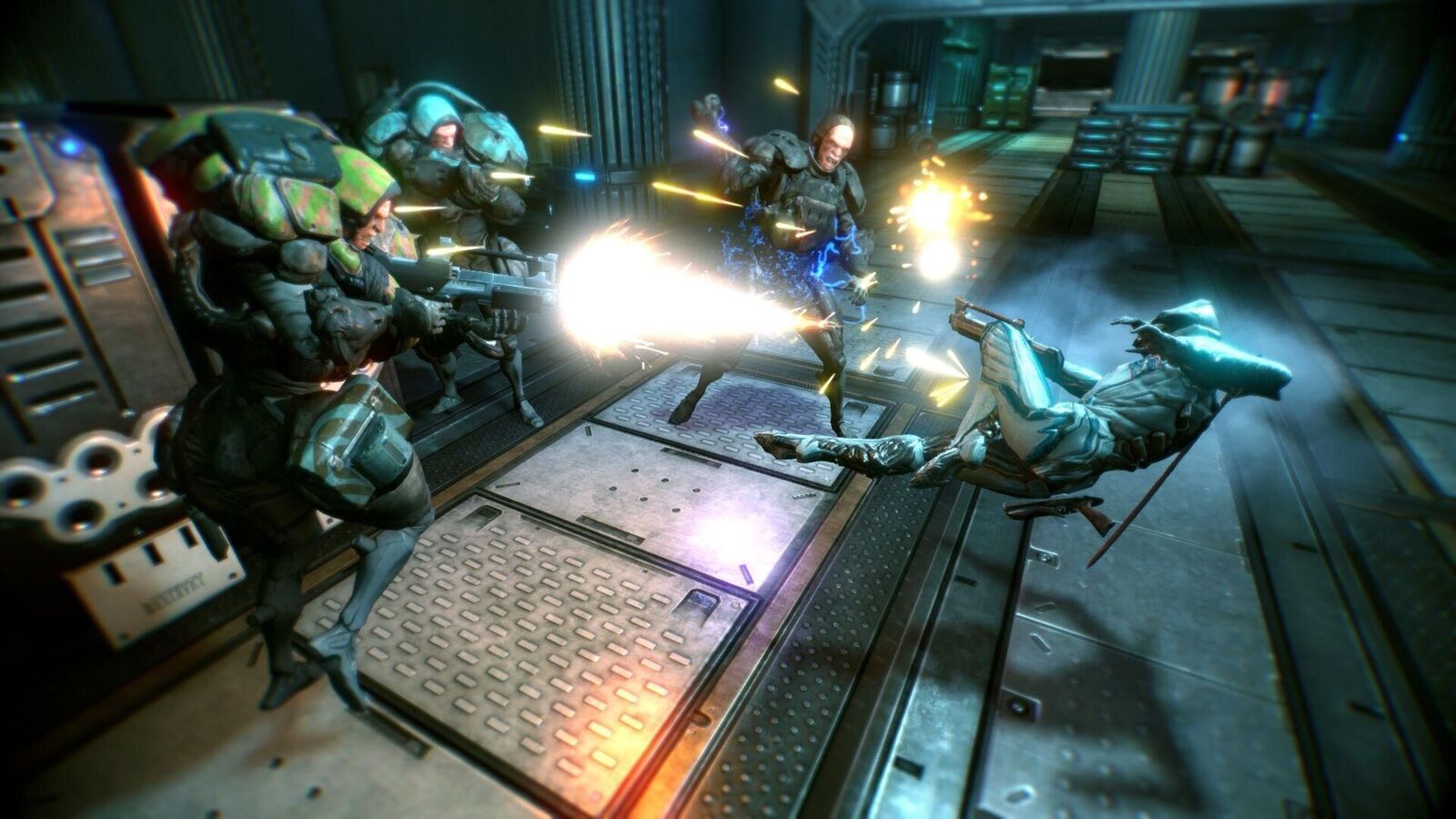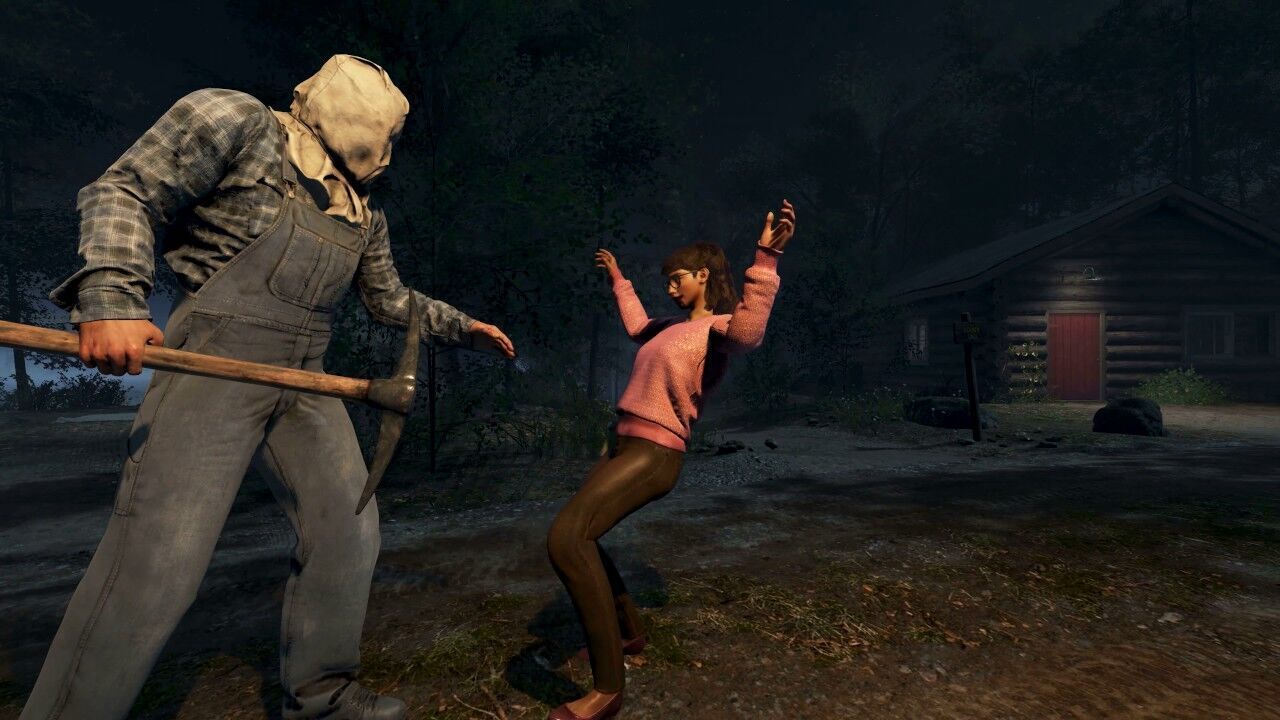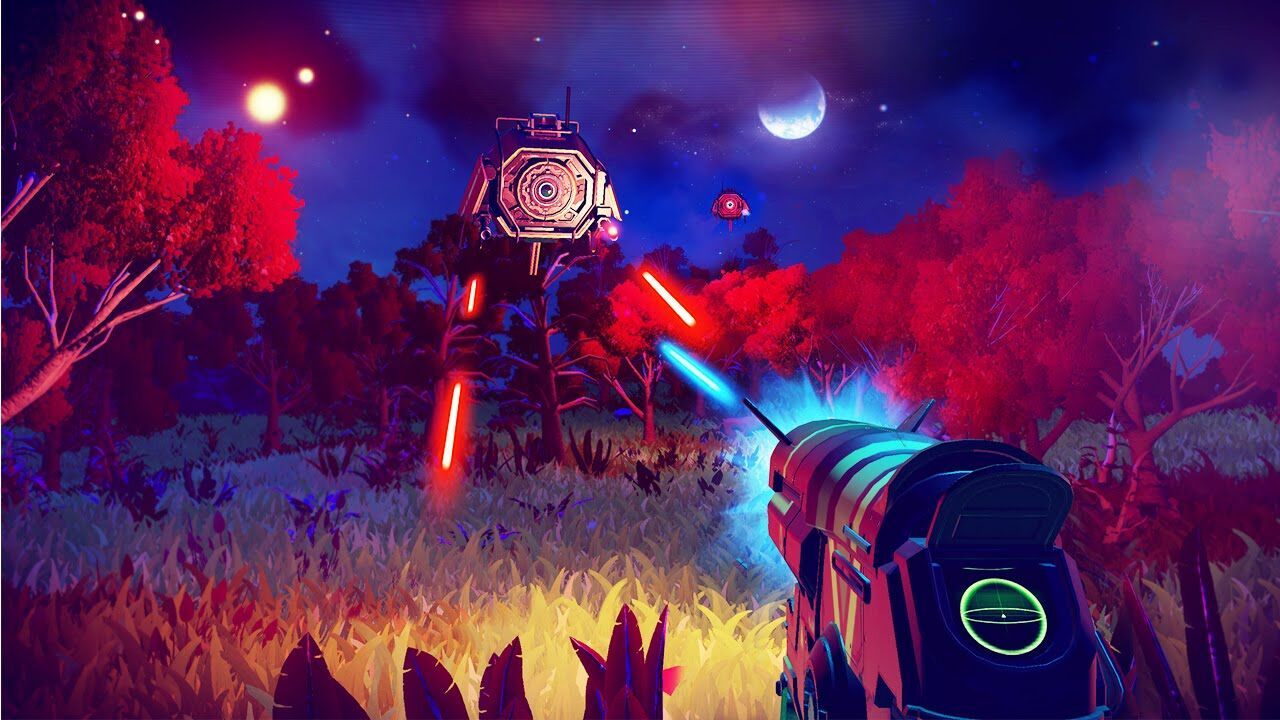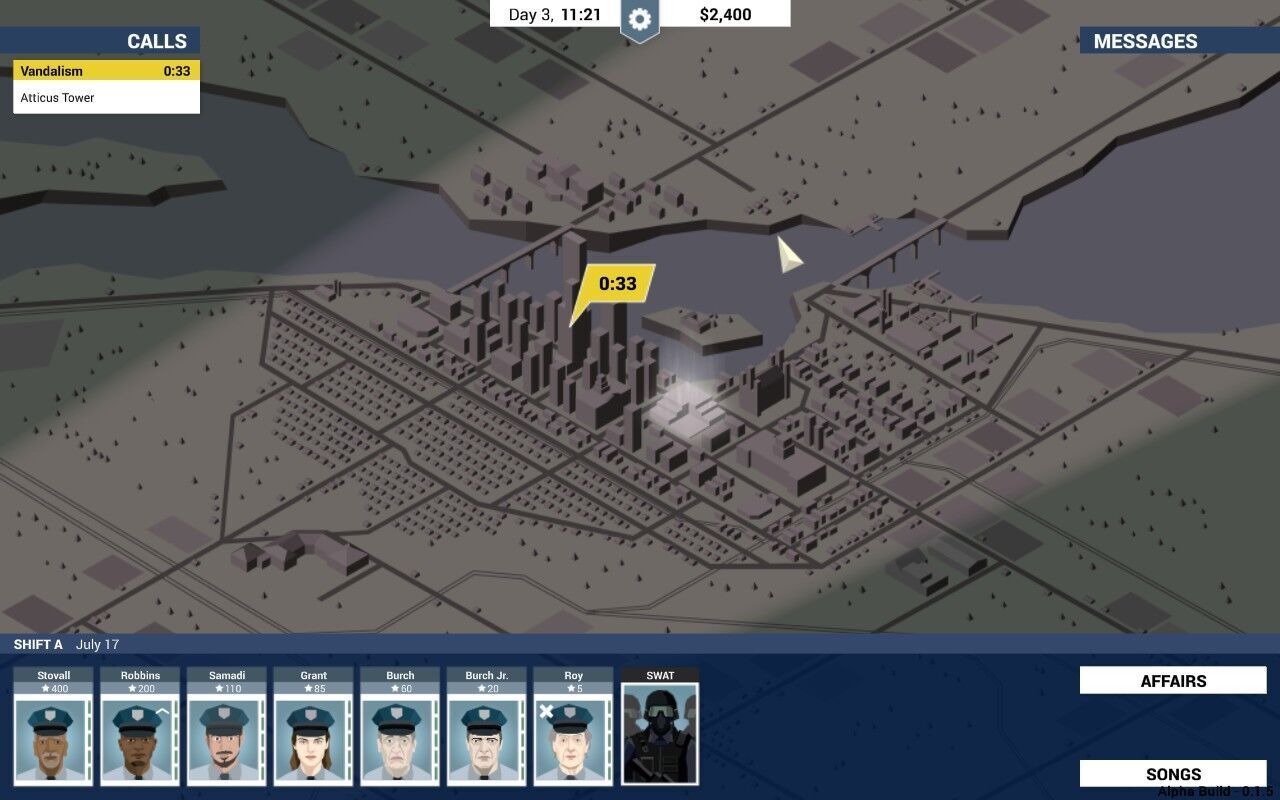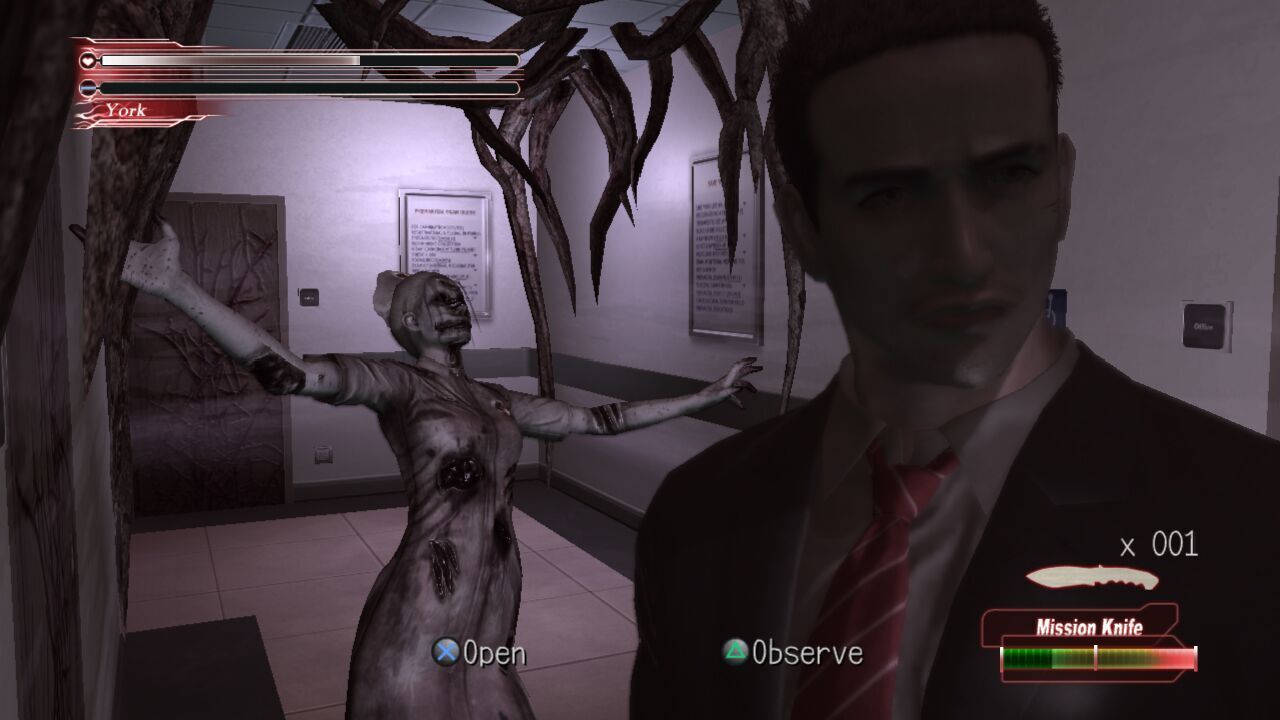Games media has such a wide array of opinions, it’s hard to tell who you can trust. Going with the consensus often means ignoring those who have specialized knowledge about a given genre or subject, giving an unsatisfying, cursory look that appeals to the widest audience possible. A specialist, by contrast, is necessarily limited by the biases of its source, potentially poisoning the well if the person in question has a specific political agenda or mechanical preference.
Good reviewers find a way to make this obvious, either by excelling at maintaining objectivity or by fully admitting their subjectivity, but in either case, there’s a good chance that critics sometimes just get things wrong. Maybe it’s a case of hysteria surrounding the hype of a game’s release, a scandal broke out weeks before, or the game just happened to exist in the wrong genre at the wrong time, but it’s a reality that some games just get a bad rap.
We’re here to set the record straight on 20 games that critics hate in some capacity—be it a single, influential, clueless reviewer or an anomaly in consensus. The games listed might not be the best of the best, they might even be deeply flawed, but they’re not as bad as some critics out there want you to think. So give them a shot, you might even find that they’re really quite good!
Of course, if you’d rather get our hot take on terrible games that really shouldn’t be all that popular, why not check out 15 TERRIBLE Nintendo Games That Sold Incredibly Well?
20 Just Dance Series
I’ll level with those of you gearing up to tell me why Just Dance rightfully sucks; it isn’t the best game ever. I even included it on my list of the laziest franchises, because they really do just keep getting away with it. Every year, it seems, a new version would be shoveled out, and unlike a lot of the other games on that list, critics have long since decided enough is enough.
But even the most hardcore gamers must concede the point that Just Dance sells for a reason: it’s fun. Maybe it’s not exceptionally technically competent, nor groundbreaking in any respect, and yes it did jump on the rhythm game bandwagon and stayed there way past its prime, but even despite all that, it’s still really, really fun. That may not be enough to warrant Game of the Year, but then again, not every game has to be.
19 Perception
Perception is a game that is intrinsically tied to its cultural context. When you hear the that a game is headed by a female protagonist, who has a disability, in a game that a heavy focus on story, there’s a good chance you’re either gearing up to play or just counted the strikes in your head. Unfortunately, even among well-meaning people, this context is impossible to avoid; take Destructoid’s review, which manages to cram in references to SJWs, diversity, and self-deprecating presumptions about the game that the author fully admits are incorrect, yet cites as evidence of the game’s lack of quality. And this is from the supposed liberal side.
Discounting this sophomoric hyper-focus on identity politics quips, Perception reveals itself to be a much more nuanced experience. The fact that the game utilizes its narrative to inform its gameplay through a unique echolocation mechanic—in survival horror, no less!—seems to breeze past most critics when they should be singing its praises. Simple interactive fiction, this is not.
18 Farming Simulator Series
Farming Simulator gets a good share of criticism for good reason; it’s turned what should be a fairly simple concept into a yearly reiteration on par with most sports games while falling into the critically suicidal trend of becoming YouTuber Bait™. This shouldn’t in itself lead to any conclusions about the quality of a given entry in the series, but naturally people make assumptions based on these facts, and they’re not entirely wrong to do so.
There is something to be said about the development tactics Farming Simulator undergoes, certainly, but ultimately the series does continue to provide a solid simulation of increasing complexity and graphical quality. And really, though the extension may be gratuitous, isn’t that what a simulator is ultimately all about?
17 Postal
Whether or not you like it, Postal is a cult classic game. That doesn’t always necessitate it being good—given its gory presentation and infamy, one wouldn’t be at fault for thinking POSTAL might fall in that category—but it does mean that it holds a specific place in gaming history. This isn’t your run-of-the-mill Hatred fiasco; Postal got a United States senator up in arms and started a national conversation the likes of which rarely stems from video games as a medium.
But all things considered, what’s striking about Postal is how competent of a game it is. The worst reviews of the game, despite their negative connotation, often have little more to say than that the game is “boring” or some similar argument. While it may not be a stunning work of political satire, the reality of the criticisms lobbed at it from a point now outside that political reality puts them into perspective.
16 Sunset
With Sunset, once again we see a game’s political and narrative focus affects its reception. The criticisms for the story are all over the place among detractors; some see it as “monotonous,” others as “highly intelligent,” but ultimately the reviews come to a singular conclusion: the interesting part, the revolution, is not what is presented; instead, we get the banal existence of a maid.
The problem with this is that Sunset succeeds in a long history of media which captures banality and uses it to its advantage. The knee-jerk reaction to demand violence, action, excitement, is the exact sentiment it predicts, and opposes. Whether this makes for a “fun” time for someone depends on the person, but to argue it intends to do otherwise is to miss the point. Rarely, if ever, does games media use banality as a tool, and for that alone, Sunset deserves a look.
15 Necropolis
Recently, we had one of the most egregious examples of taking the Dark Souls comparison too far in a GamesRadar review of the Crash Bandicoot N. Sane Trilogy. Self-evidently, Crash is not Dark Souls, but this silly statement reveals something endemic (and lazy) in video game criticism: the desire to compare anything and everything to the popular franchises of the time.
Necropolis came about a little too early for this awareness to fully set in, and therefore fell victim to it; by its nature of difficulty and tendency toward killing the player, it necessarily was considered a Dark Souls clone. Nevermind that the game’s aesthetic, genre, and mechanics didn’t resemble anything Soulsborne. Sadly, this meant that Necropolis wasn’t given the time of day it truly deserved as a distinctive, stylistically unique roguelite. Even a year later, it remains true to its vision as a compelling dungeon crawler.
14 Baroque
Baroque is a unique position respective to the last two games in this list; it uses death as not only a mechanical element, like Necropolis, but also a narrative, subverting expectations in a manner similar to Sunset. Unsurprisingly, most of the games press didn’t get it. Criticisms about dying are a lot less relevant in a game that actively uses dying so completely.
Even outlets that seemed to understand, at some level, that this is what Baroque was trying to achieve, still defaulted to the status quo of measuring success in video games. IGN argued that you still must give the player a “sense of accomplishment”—but in such a context, why is this necessary? Shouldn’t a game be given an assessment that considers the intentions and goals it sets for itself, rather than a nebulous reduction to the common threads inherent in all games? If that sounds at all like something you’d agree with, consider giving Baroque a try for a truly unique experience.
13 7 Days To Die
We’re all a little tired of zombie games, aren’t we? Certain other words immediately stoke ire or a sense of exhaustion: crafting, “procedurally generated,” and survival horror being among them. So you wouldn’t be entirely remiss to write 7 Days To Die off from the get-go, considering it is all these things, though you would be missing out on the key factor of execution.
Even that may not immediately entice you, considering that the game is littered with bugs. But inasmuch as you consider the mechanical depth, 7 Days To Die takes everything you would expect and adds a sense of layered nuance: zombified animals, specialized events like “bloodnights,” and consistent updates make the game feel like more than your standard zombie crafting fare. This last part specifically renders much of the criticism in the early reviews obsolete, but you’d never know that only reading the reviews, revealing a major problem with this format for evolving game formats.
12 The Crew
For many, The Crew was a stunning open world of massive proportion wherein one could travel across the entirety of the United States (sans Hawaii and Alaska). The persistent world was a major draw for obvious reasons, but there were lots of drawbacks noted by critics as well: predominately, microtransactions and an always-online model. Ahhh those were the good old days when such things were uncommon! Sadly to say, they’ve become only more ingrained in the psyche of games media, and with The Crew 2 on its way, it’s important to discuss whether or not the original was subject to a “slow death” as per Slant.
While these things bog down the recollection of The Crew, the reality is was a lot more memorable for what it did well than what it did poorly; always-online tactics and microtransactions hardly started (or ended) with The Crew, but you’re hard-pressed to find another racing game of its kind. Here’s to hoping that its sequel will learn from its mistakes.
11 Shadwen
We all hate escort missions. Whenever they enter a game, they often become the most frustrating, disengaging part, at best serving as a mediocre backdrop to some larger plot point. So the fact that Shadwen is essentially a top-to-bottom escort mission, even if mitigated by the cleverly crafted gameplay that renders every choice a moral quandary (to kill or not to kill?), probably leaves it dead in the water to many people. That’s a shame, because it’s ultimately a surprisingly good adventure.
Shadwen may be inherently limited by its conceit, but within that limitation it performs as excellently as can be expected. The visuals are beautiful, the mechanics are deep, and the dilemmas it poses are true to its narrative. Really, that the game is not a train wreck in itself testifies to the merits of its developer.
10 Toy Soldiers: War Chest
Like many of the titles on this list, Toy Soldiers: War Chest is confronted with non-mechanical issues which render it anathema to many reviewers (and players). Unlike many of the other titles, it’s a hodgepodge of those issues. You have all the basics that might otherwise make for a critical review: published by a company with terrible business practices (Ubisoft), it is of a genre that many people despise (tower defense), and, admittedly, it does have several technical issues that might impede an otherwise fun experience (running poorly at 30fps, for example).
In spite of this, though, the game delivers on its premise, highlighting famous franchises sure to induce nostalgia in a package commensurate with what you’d expect from a Toy Soldiers game. Even much of the technical issues could be resolved with better specs or, you know, playing the console version, begging the question whether the circumstances of the game’s conception had a role in its less-than-stellar reception.
9 Party Hard
When a multi-platform game has review scores divided starkly down platform lines, a few thoughts often come to the savvy gamer’s head. Did the developer make a really bad port? Is some content locked behind a paywall on one device, or perhaps a timed exclusive? Is it just a fault in the law of averages, as most of the reviews were done on one platform, thus homogenizing the scores there, but not elsewhere?
Unfortunately for Party Hard, none of these really explain the situation. Considering that the stealthy mass murder simulator enjoyed similarly positive (if somewhat middling) scores when ported from PC to PS4—an insignificant difference of 1 point via Metacritic—the “bad port” option seems unlikely. And yet, the game got ripped to shreds for the Xbox One.
Why exactly? The reviews are unclear—there are a similar number to the PS4, and the reviews mostly criticize the nature of the game itself, rather than the Xbox One experience, sadly leaving many Xbox One players to gloss over this surprisingly addicting game.
8 Tharsis
As a medium, the most distinct quality of games media is control. Like film, music, or literature, games can tell a story, but unlike any of the others, it can convincingly hand direct input over to the consumer on a consistent basis. Gamers have become used to this control, which perhaps underscores why games like Tharsis are often so fundamentally misunderstood: playing with control can be just as relevant (and enjoyable!) as complete autonomy.
If you haven’t already guessed, the main complaint against Tharsis, which simulates a space station disaster wherein you lead various crew members to their likely demise while trying to save them, is that the game is too random for its own sake. Death lurks around every corner, and it’s oftentimes out of your hands. But isn’t that exactly why roguelikes (or lites) are popular? If the core mechanics are sound, as most agree, then why should starting over be considered such a detriment? Clearly, it’s not, and hard as it may be, it deserves to be recognized for its excellent design.
7 N.E.R.O.
Similar to Tharsis, N.E.R.O. brushes up against expectations of what it means to be a game—and receives predictable criticism for doing so—but in an entirely different way. Rather than manipulating a concept inherent in most games to such a degree that it alters gaming archetypes, as Tharsis does with chance, N.E.R.O. focuses on minimizing gameplay for the sake of a story.
As a result, many reviewers were quick to praise the story, but think the experience not worthwhile due to lackluster mechanics. In the words of one such critic: it’s story is an “absolute treasure” but it’s still not worth playing due to the gameplay. But if the story is so significant, and treated as the focal point of development, why would the game not be worthwhile even in the face of this legitimate criticism? That’s something only the player can decide, but you have to try in order to know.
6 God Hand
It’s always important to shame IGN for their terrible take on God Hand. Of course, they weren’t the only ones to think that the over-the-top fighting game, which uses a unique set of mechanics that allows each attack to be distinctly customizable, was fatally flawed; The AV Club and even Game Informer somehow missed out on how God Hand’s mix of lascivious comedy and exacting, but accessible combat made it a true gem of the time.
But it was IGN’s confusing and contradictory review, which awarded it a mere 3 out of 10, that really sealed the fate of this game for many players, who would only discover how great it actually was months or years after release. Few games can so directly pin their bad rap, and even fewer can claim to be so enduring.
5 Warframe
Shortly after the release of the free-to-play game Warframe, Eurogamer summed up the position of the game’s critics succinctly: “nobody would pay money for something so scrappy and generic.” No doubt, many thought that it would fade into obscurity, just another launch title for a new generation that failed to meet expectations.
As time went on, however, it became clear that this reductionist view, undoubtedly influenced by the timing and nature of its release, didn’t gel with the reality of its endurance. It’s true that if you make something free, someone is liable to engage with it, but Warframe is no Yaris. It has maintained a reputation for being an excellent, if flawed experience, chock full of updates that keep gamers coming back, touting one of the most active user bases on Steam.
4 Friday The 13th: The Game
The asymmetrical multiplayer game has had a rough go of it in recent years. While itself being a breath of fresh air into a rather stale, FPS-heavy multiplayer ecosystem, there have been numerous examples of failures within the genre. Most notably, perhaps, is Evolve, which struggled first to keep all of its modes (and roles) interesting, and then further struggled to transition to another business model.
Many have argued that Friday The 13th: The Game is yet another in this long and sordid history, a game whose excellent mechanics are overshadowed by technical issues and server mishaps. While there is truth to this argument—particularly on the Xbox One, as it’s often difficult to find players—it’s oversimplification to think that this necessarily means that the game itself is bad. This is even more true as the game attempts to adapt to server issues and awareness of the game’s quality spreads via word-of-mouth. Simply put, it deserves a chance!
3 No Man’s Sky
Let’s get the obvious out of the way: No Man’s Sky was a huge disappointment. Few people who waited YEARS for this game thought it was exactly what they thought it would be, mostly because the marketing was so grandiose (and yet so vague) that it seemed it could be anything. Naturally, it got brutalized in the reviews; whether people note there’s “little to do,” think it’s “(not) worth exploring,” or even say it’s “hollow and awful,” for every person who thought the game was acceptable, there were a mountain of those who gave it no quarter.
But when you look at the main complaints, it all comes down to two major components: a failure of expectation brought on by marketing, and a lack of content. While the stain of poor marketing can never completely be washed away, No Man’s Sky’s developers have made an earnest attempt to add more to the game, and it’s paid off. While those lofty original expectations will never be met, it’s certainly a worthwhile endeavor now.
2 This Is The Police
While This Is The Police is not the best game on this list, it is perhaps the most literal entry, seeing as the site Game Critics was among the harshest against it. In a review referring to it as “half-done,” Game Critics echoed, in a harsher tone, what many detractors had already stated: while the game has a great concept -- you’re a police chief who must manage staff while mediating ethical dilemmas -- its execution is sloppy to the point of not being worthwhile.
But despite these claims, fans have continued to show love for the indie strategy/management title, noting its innovative style and difficult moral decision-making. This too points to a source of ire—some have stated that This Is The Police necessarily demands you become “dirty” to win the game—but that doesn’t mean the core of the game isn’t great. Certainly, though it’s not for everyone, it deserves a shot by anyone interested in the genre.
1 Deadly Premonition
There’s something hilarious and beautiful about Deadly Premonition that only gets better with age. It’s often compared quizzically to Twin Peaks, a series that was itself odd and somewhat sideways in time, sometimes following it note-to-note. Even I couldn’t help but make the comparison in my list of Games Too Ahead of Their Time For Critics. The fact that its inspiration has been rebooted only further enhances this effect, making it seem even more like an entity unto itself.
There’s a great deal to think this was the case already, though; the mix of odd imagery—like sitting exactly opposite a hunched-over old woman at a 20-foot-long dining table—and storytelling ingenuity makes for an absolutely idiosyncratic experience. Unfortunately, many reviewers couldn’t get over the horrendous mechanical failures, but they’re missing the point. Sometimes a game is more about the experience than the minutiae, and Deadly Premonition is a joyous exemplar to this point.

